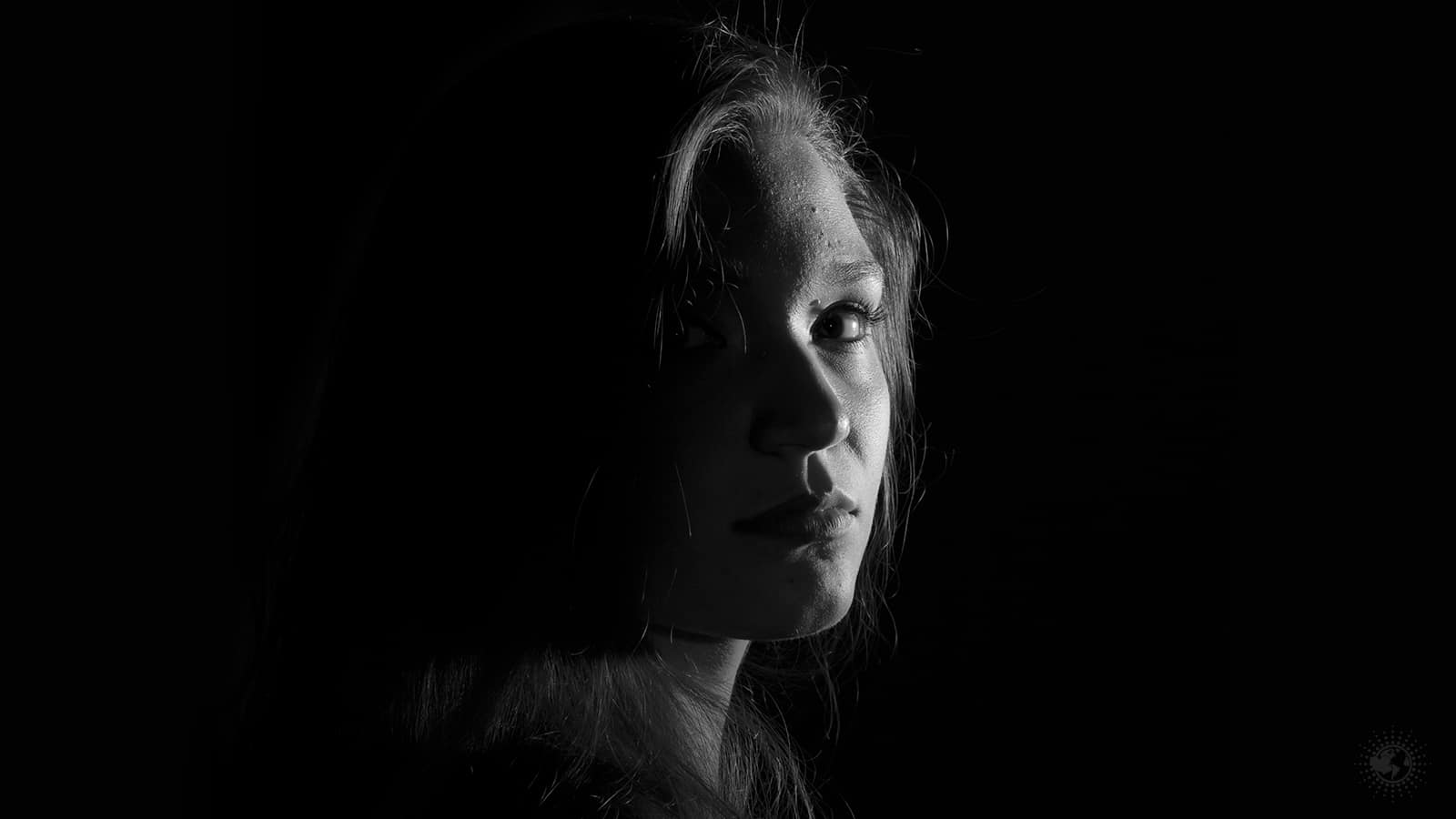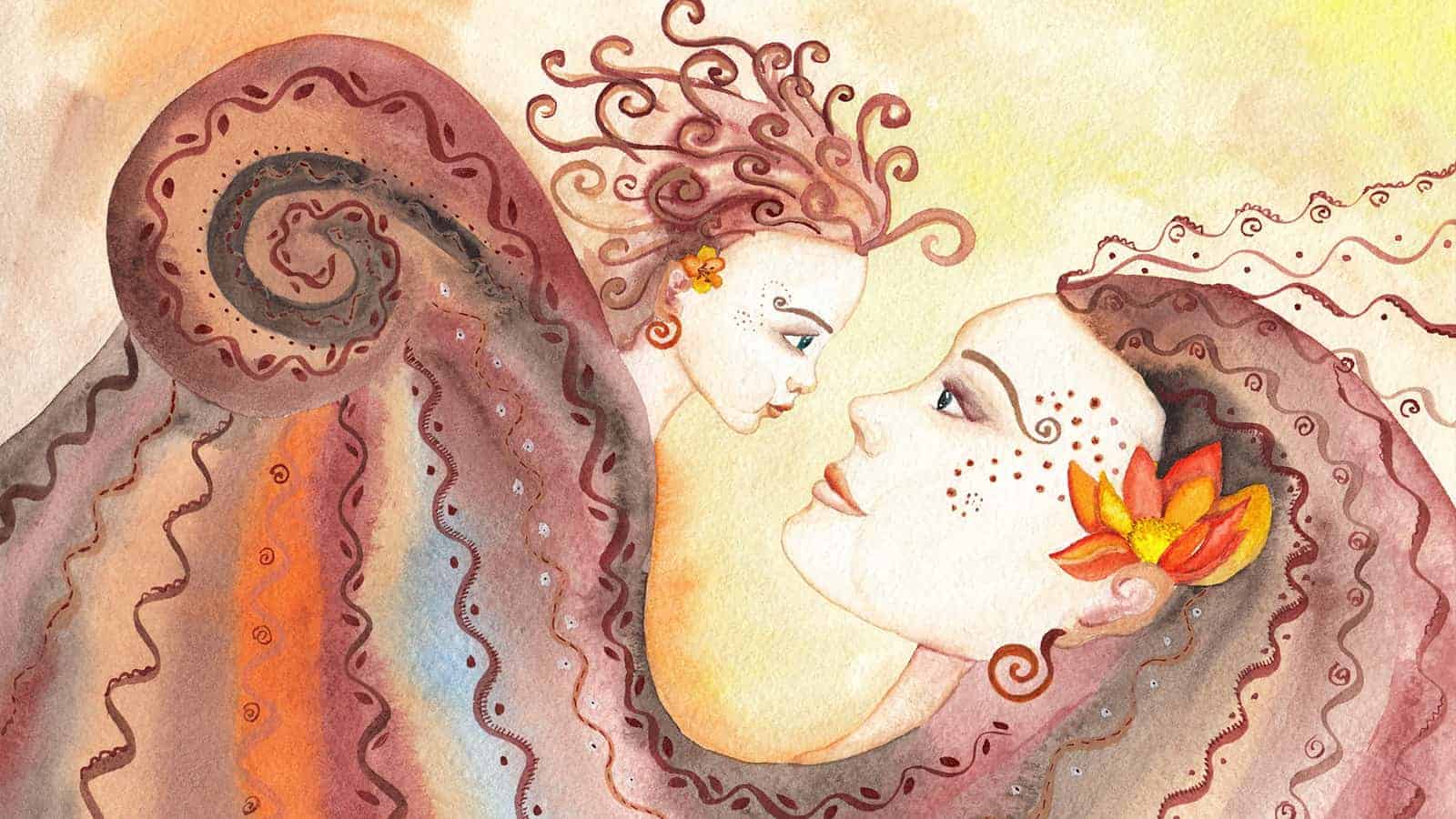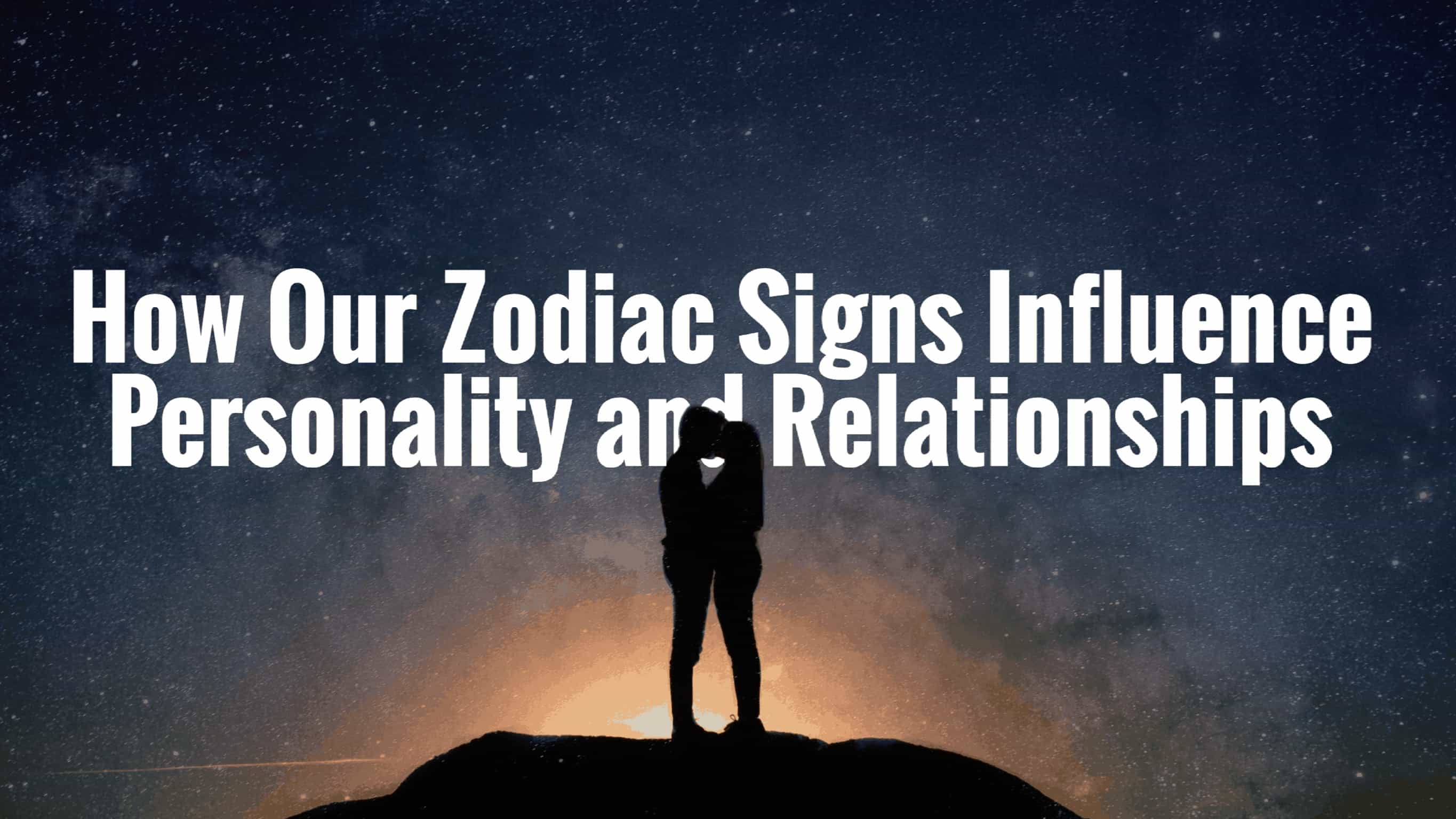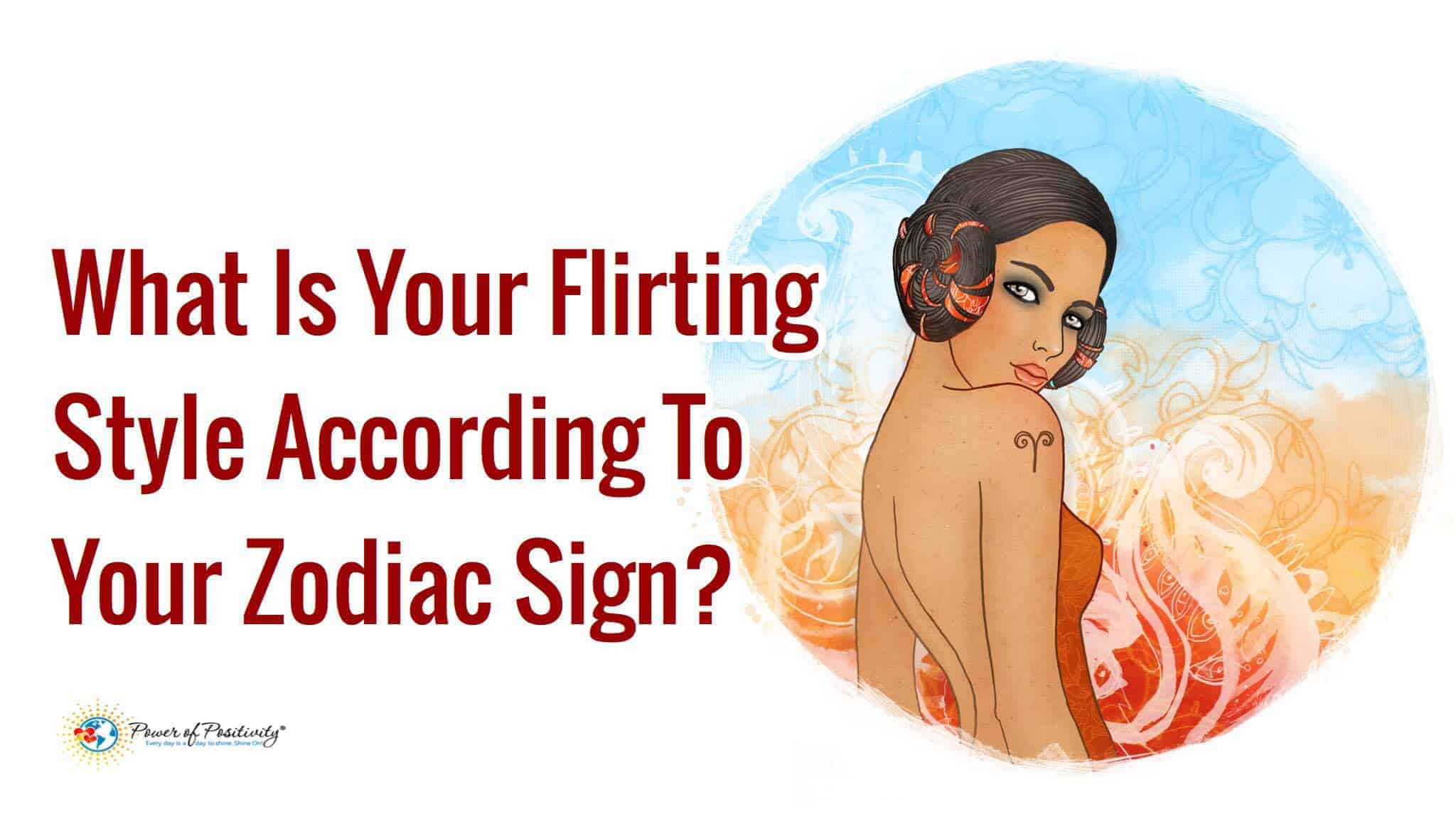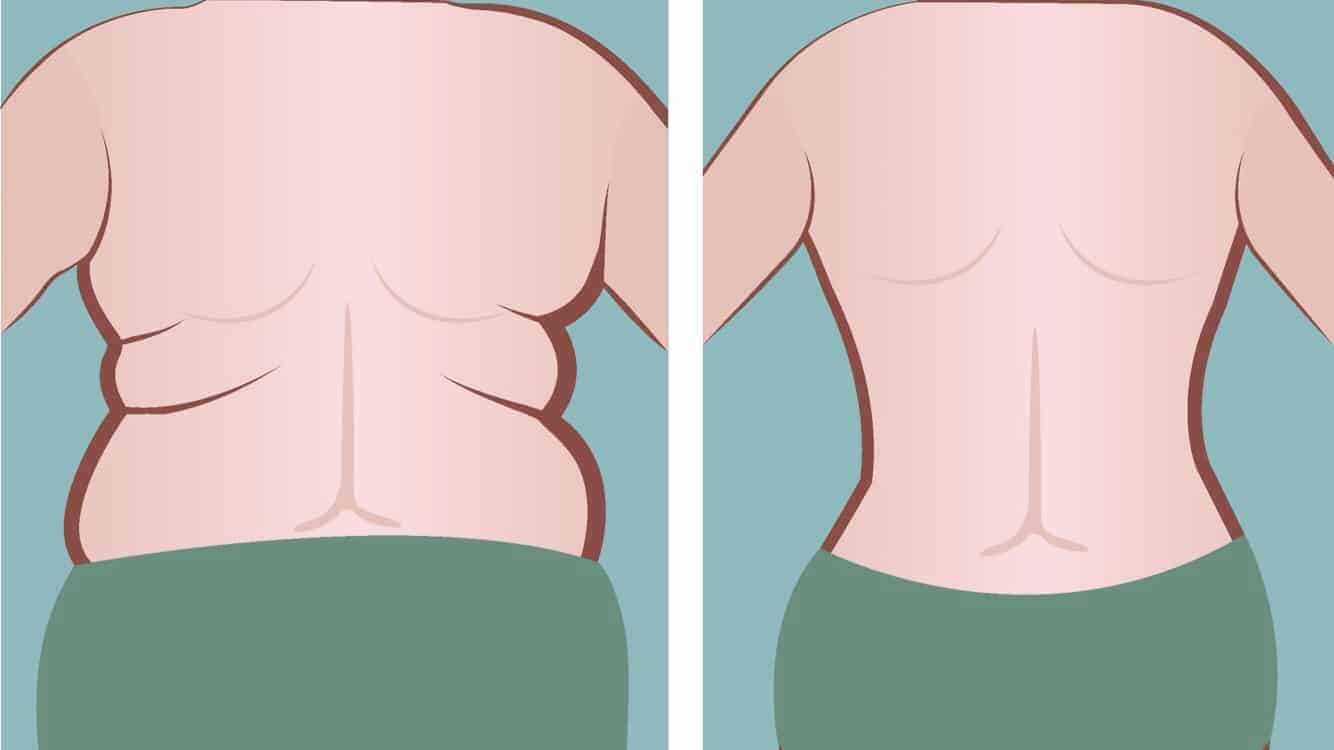In a perfect world of parenting, mothers are the eternal nurturers who will sacrifice all for their children’s safety and well-being. Perhaps those are the fond memories you have of your mother. Or maybe you bear the emotional wounds of a toxic mother-daughter relationship.
Although our world is far from perfect, the prevailing myth of ideal motherhood remains. Decades of family-oriented television shows have done much to promote the misconception. Everyone wants that loving, demure TV mom who always keeps her cool, knows all the answers, and dresses in her finest clothes and jewelry while cleaning the house.
Most mothers may be fallible in our society, but they still try their best to be good wives and parents. For single mothers, parenting is often double duty, yet many do the job well. Even in the best mother-daughter relationships, differences of opinion and strained moments are commonplace.
If you’re a male reading this, these scars, of course, may apply to you as well.
The Beginning of Mother-Daughter Bonds
As a baby and into childhood, girls see themselves in their mothers’ faces, and they bond with them. When mothers are compassionate and attentive, it assures their daughters that they are loved. This bond of love provides the foundation of the girls’ self-esteem and confidence in other relationships.
What happens to daughters who needed a “Mrs. Cleaver” mother and got “Mommy Dearest” instead? The emotional wounds run deep when girls have a distant, critical, cold, and cruel mom. It creates a skewed sense of herself and the world around her.
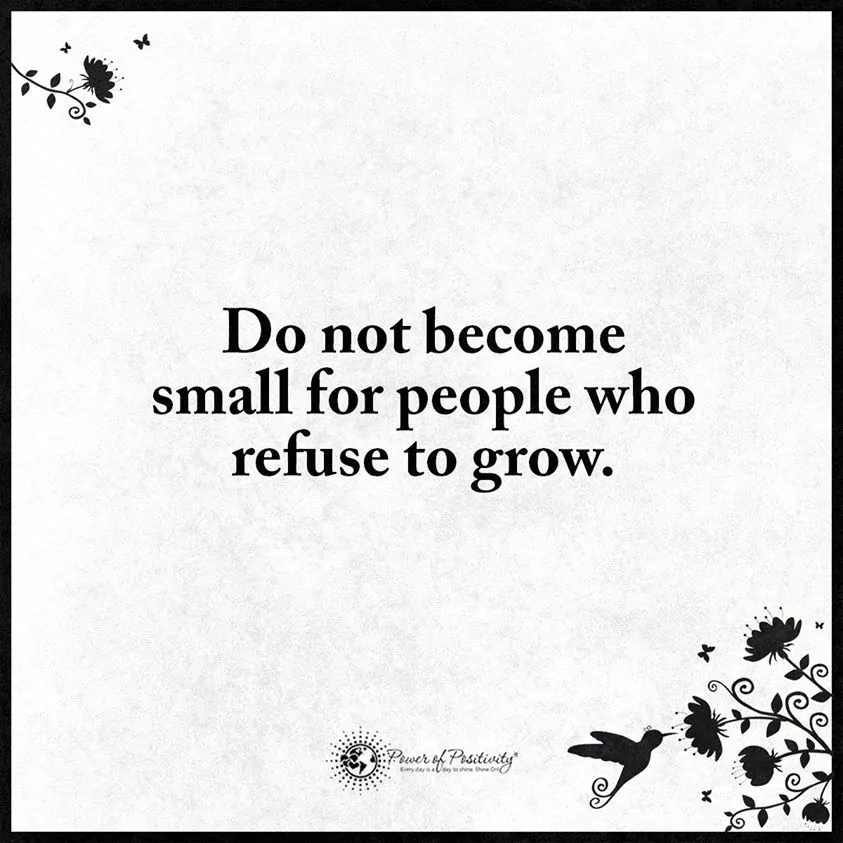 When they have no trust or attachment to the one who’s supposed to love and protect them, future trust issues will surface.
When they have no trust or attachment to the one who’s supposed to love and protect them, future trust issues will surface.
• Ambivalent Attachment
Consider the relationship you had with your mother in your child and teen years. If your mother’s affection was as unsure as to the weather, your maternal attachment probably wasn’t secure. Instead, you may have developed an uncertain or ambivalent attachment.
• Avoidant Attachment
If your mom was harsh or abusive, you might have been hesitant to seek her affection or attention, which created an avoidant attachment. Both types of toxic parenting relationships can distort your future views of relationships and the world. It creates a mental conflict when you need protection from an abusive mother while seeking her love and acceptance simultaneously.
• It’s My Mother’s Fault
Today’s bookstores, magazine racks, and webpages abound with stories about failed mother-daughter relationships. While it used to be unthinkable to share such a personal family history, now it’s commonplace. You’ll find a plethora of books penned by female celebrities and their mothers bashing each other.
If you have emotional wounds from a failed mother-daughter relationship, you’re not alone. Simply recognizing you’re a victim is the first step toward healing.
12 Emotional Wounds Unloved Daughters Carry into Adult Relationships
Consider these 12 emotional wounds that you may have carried into your adult relationships.
1. Trust Issues
If you grew up with an ambivalent attachment with your mother, it makes it hard for you to trust anyone else. Her love and acceptance were unreliable, so why would others be any different? Perhaps when a friend or love interest shows you genuine attention, you may suspiciously believe they have ulterior motives.
When you have trust issues, you may need continual validation and secured trust. These issues can often lead to hypersexuality and jealousy. It makes it difficult to create boundaries in personal and professional relationships.
2. Low Self-Confidence
Your level of self-confidence is set during early childhood, and your mother-daughter relationship holds the key. Verbal and emotional abuse creates emotional wounds that are detrimental to your self-worth and confidence. Soon, you believe the cruel retorts of “You can’t do anything,” or “You are so stupid,” or “You’ll never amount to anything.”
3. Difficulty with Boundaries
Maybe your mother was distant or absent from your life, and it’s hard to set boundaries. As a result, you may have internalized this as “your fault,” and you became a people pleaser. You are insecure about yourself and may sabotage relationships because of mistrust or obsession and jealousy.
4. Becoming Hypersensitive
We all know those people who make you walk on eggshells to keep from offending them. Unloved daughters often take the smallest slight to heart, real or imagined. If this is you, you may also have difficulty showing your emotions appropriately.
For example, your BFF may tell you that she adores your new hairstyle. Instead of taking the genuine compliment, you may think she is mocking you, or your former hairstyle was ugly. You may get angry and snap at your friend for no reason.
5. History Repeating Itself
Why do some people seek the same in adult relationships even after surviving the most abusive situations in childhood? It’s a perverse sense of comfort they think is necessary. If you’ve had a failed mother-daughter relationship, have you been drawn into relationships that mirror the past abuse?
Have you been in toxic relations because of familiarity and comfort? Unfortunately, you may be used to physical, verbal, and emotional abuse. The only way you can break the chains of chronic abuse is to recognize it and seek help.
6. Relationship Avoidance
To keep from accumulating more emotional wounds, some unloved daughters avoid relationships altogether. Maybe you still hear your mother whisper in your mind that you’re not good enough and are unwanted. Such avoidance can create a life of loneliness, depression, and resentment.
How many times have you turned your head from an honest and kind person who was interested in you? Rather than take your chances, you allow your past to dictate your future, and you assume the worst. Avoidance does nothing but falsely reinforces the abusive labels applied by an unloving mother.
7. Skewed Sense of Self
When you’ve heard all your life that you are good for nothing and will never prosper, how else can you see yourself? Unfortunately, this verbal and emotional abuse can create a self-fulfilling prophecy, and you eventually stop trying. Even when people say encouraging words, you can’t accept them because of past scars.
The sad thing about emotional scars is that you may internalize them as truth. What kind of life could you have if you looked beyond the wounds and realized your potential? You can learn to love yourself.
8. Generational Abuse
Most mothers who have a rocky relationship with their daughters will probably confess they were never close to their mothers. It’s a sad reality that abusive mother-daughter relationships can span from one generation to the next. If you were an unloved daughter, how do you describe the relationship you have with your daughter?
9. Developing Control Issues
As an unloved child, you were defenseless against any physical, emotional, or verbal abuse. Now, as an adult, your need for control may go overboard into your personal and professional relationships. While you see it as a way to protect yourself, others may see your control issues as manipulative and unacceptable.
Some people with control issues are apt to develop obsessive-compulsive disorder. Because you craved order and dependability as a child, it may later present as OCD. It may spiral down into other mental conditions such as anxiety and depression.
10. Over-Attachment
Speaking of control issues, what about mother-daughter conflicts that include an overprotective mother? She isn’t guilty of neglect or the absence of love or affection. However, a controlling mother can stifle any sense of independence or difference of opinion.
Some experts call this type of parental relationship “velvet chains.” As a daughter who was never allowed to move or think for herself, you may doubt any of your abilities. If you find a fulfilling relationship, your controlling mother can become the mother-in-law of nightmares.
11. Substance Abuse
Where can you turn if your mother never loved or cared for you? The emotional wounds may run so deep that an unloved daughter may resort to substance abuse to mask the pain. This unhealthy self-medication may include abusing drugs, alcohol, food, or sexual promiscuity.
Don’t be afraid or ashamed to ask for help. Professional counseling may help you explore the root causes of your substance abuse. A mental health professional can help you recognize the past hurts and find new hope and sobriety.
12. Avoiding Responsibility
As an unloved daughter, you couldn’t help the emotional wounds from your childhood. Yes, these scars can cause issues in your adult life that make things difficult. However, they’re explanations and not excuses.
When you make mistakes, you can’t always play the victim card. Forget the old Freudian stereotype of blaming everything on your mother. It’s too easy to pass the blame on somebody else instead of owning your mistakes and fixing them.
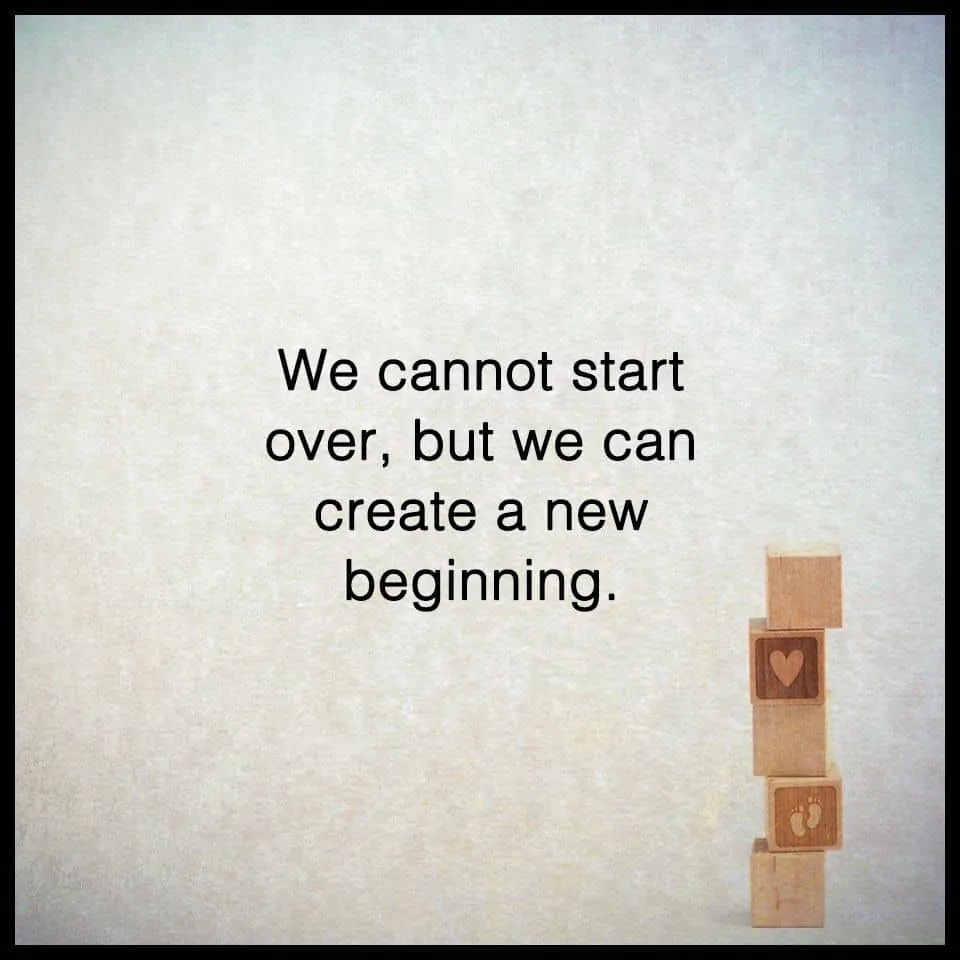 Final Thoughts on Emotional Scars of Unloved Daughters
Final Thoughts on Emotional Scars of Unloved Daughters
You can’t change what happened in the past, but you can start the healing process now. You needn’t allow your failed mother-daughter relationship to hinder you from enjoying other loving relationships and a fulfilled life.

